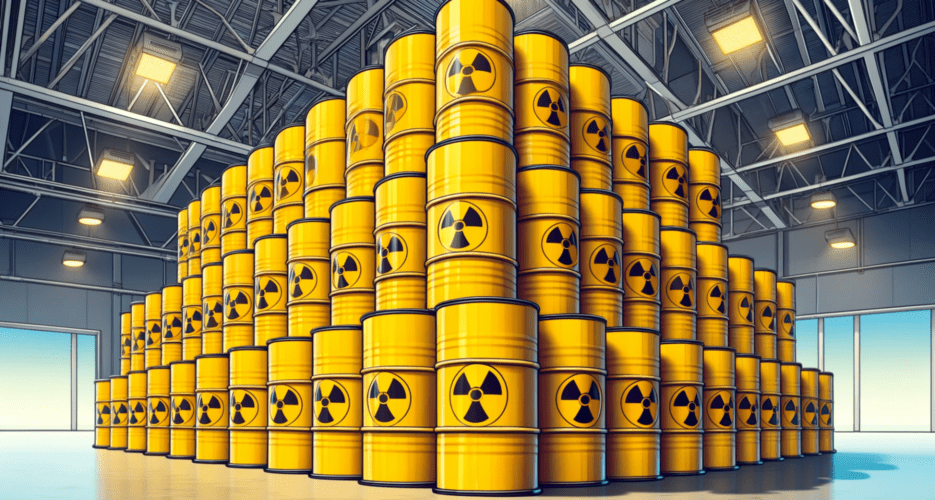Political disputes have obstructed efforts to build more storage, putting energy security and economic growth at risk
The National Assembly’s failure to pass a special law on constructing permanent storage facilities for radioactive waste has placed the future of South Korea’s nuclear power sector in jeopardy, with far-reaching implications for the country’s long-term energy security and economic growth.
The proposed bill, named the High-Level Radioactive Waste Management Special Act, aimed to establish a legal framework for the construction and operation of a permanent disposal facility and interim storage facilities for spent fuel from the country’s 26 nuclear power plants.
The National Assembly’s failure to pass a special law on constructing permanent storage facilities for radioactive waste has placed the future of South Korea’s nuclear power sector in jeopardy, with far-reaching implications for the country’s long-term energy security and economic growth.
The proposed bill, named the High-Level Radioactive Waste Management Special Act, aimed to establish a legal framework for the construction and operation of a permanent disposal facility and interim storage facilities for spent fuel from the country’s 26 nuclear power plants.
Get your
KoreaPro
subscription today!
Unlock article access by becoming a KOREA PRO member today!
Unlock your access
to all our features.
Standard Annual plan includes:
-
Receive full archive access, full suite of newsletter products
-
Month in Review via email and the KOREA PRO website
-
Exclusive invites and priority access to member events
-
One year of access to NK News and NK News podcast
There are three plans available:
Lite, Standard and
Premium.
Explore which would be
the best one for you.
Explore membership options
© Korea Risk Group. All rights reserved.
No part of this content may be reproduced, distributed, or used for
commercial purposes without prior written permission from Korea Risk
Group.












